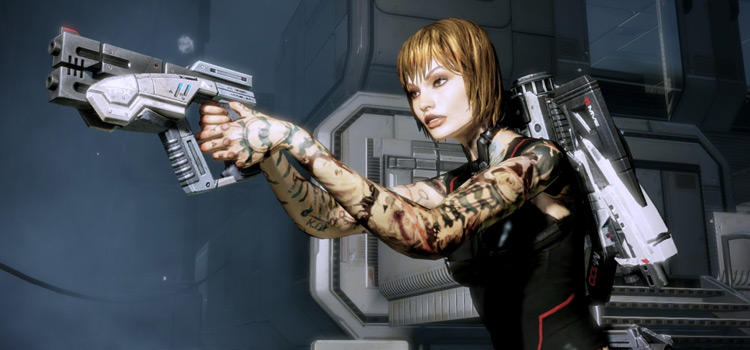


Now you're playing Mass Effect 2, and oh my god, who's this, it's Conrad Verner! And based on what you've done, you realize that while the moment in the first game maybe seemed throwaway, now Conrad's back and involved in another plot in a game you're playing two years later.and what you did two years ago is meaningfully affecting what's happening. It ranges from small things like, by way of example, Conrad Verner was a fan of Commander Shepard's that you met in the first game, and it's like you meet this guy in an alley and you can be nice to him or you can be a jerk to him, and at the time you might have been thinking of it as just a trite role-playing convention, good-guy bad-guy, and that's that. We can look at each variable and dynamically change what happens in the moment. This is literally hundreds of things.Īnytime we have a plot or a character or situation in Mass Effect 2, we think about what you did, potentially, in the first game that might affect said plot or character or situation in the second. And it's not just what your ending was, or a couple of the big choices, you know, where we could have stuck a conversation at the beginning and asked you what you did and moved on. When you import it into Mass Effect 2, now we can continue mining all that information. Your Mass Effect save game contains all of that information. When you're playing the first game, everything that you do is setting a variable so that as the story progresses we know that you did a certain thing on a certain planet, and then internal to the game, we can reference those things. In a chat with PC World, lead producer Casey Hudson spoke at length about the hundreds of ways that actions from the first game, not just "big choices," can change things in the action-RPG sequel due on PC and Xbox 360 early next year: BioWare has repeatedly cautioned players of the first Mass Effect to hold on to their save games for use in the upcoming sequel, and now we have a better idea as to why.


 0 kommentar(er)
0 kommentar(er)
